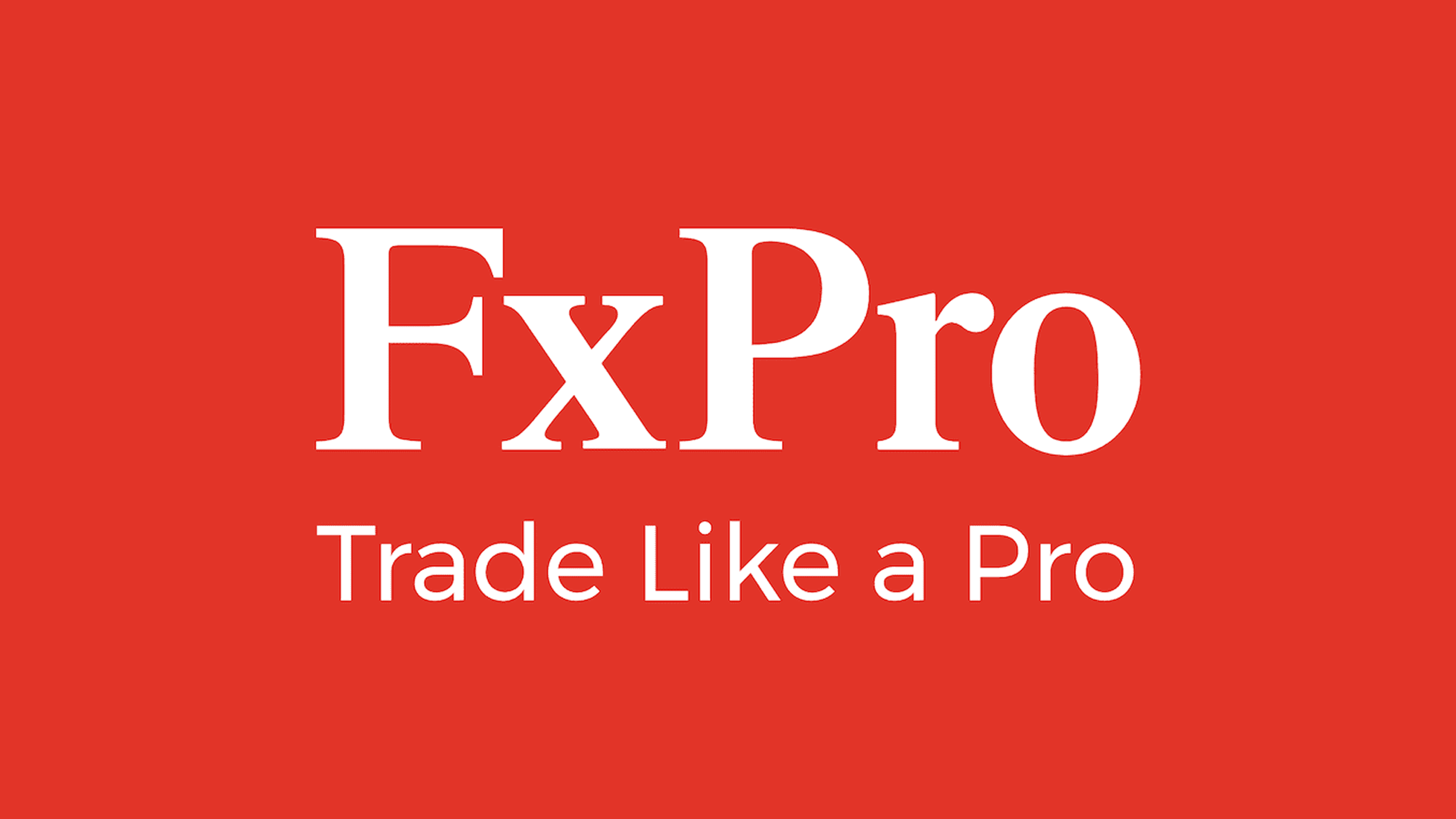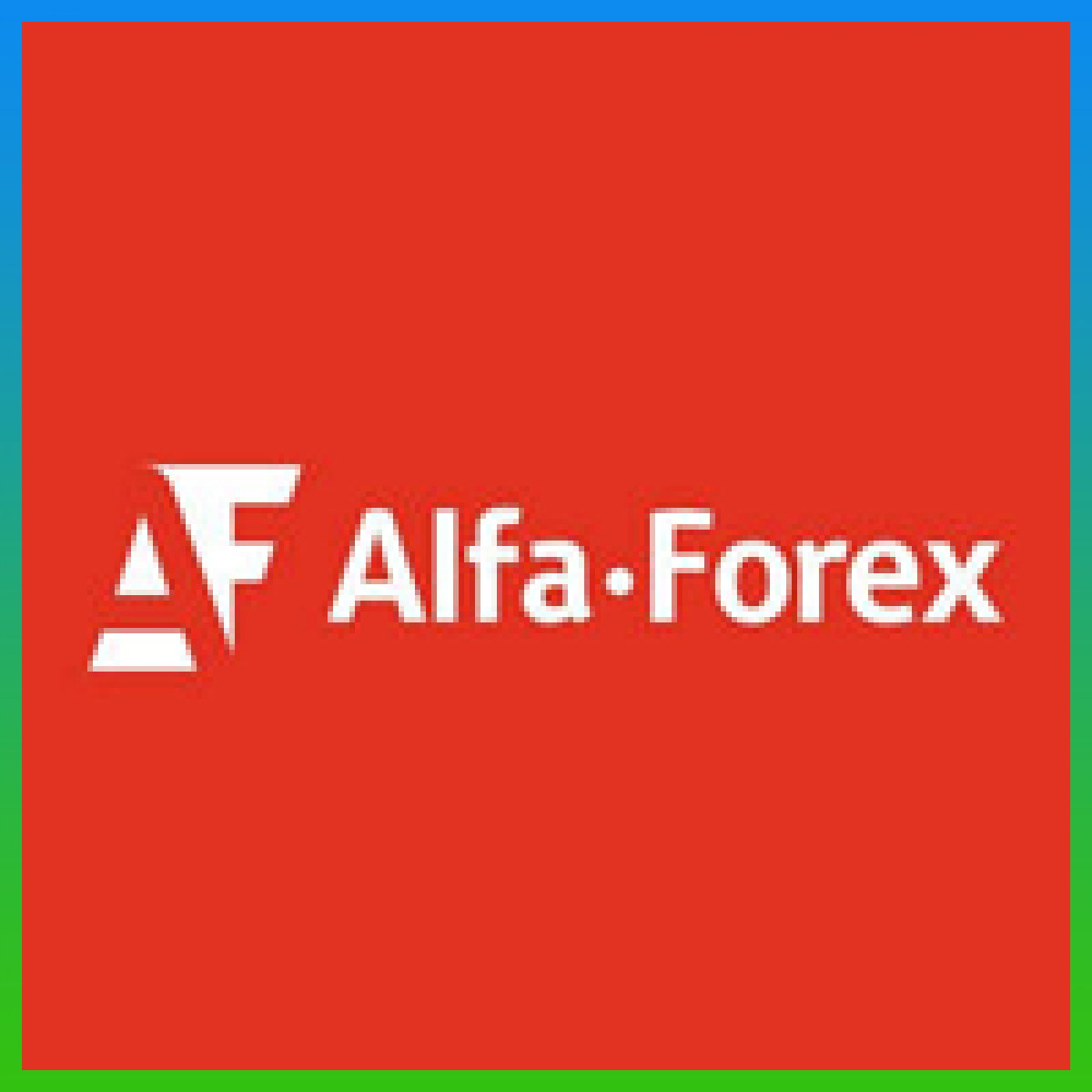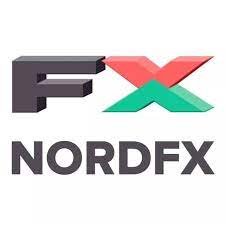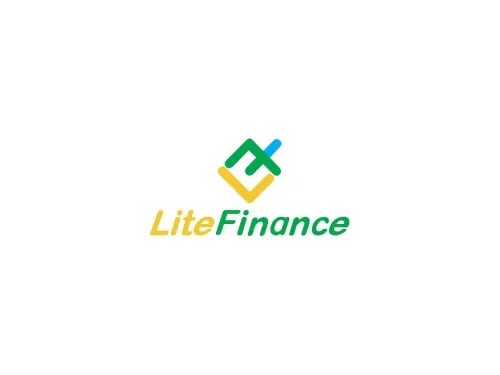Chinese traders have access to both local and international brokers. Because of higher leverage and more trading options available, many traders prefer trading with international brokers. We have curated a list of top 10 brokers with the best regulations, leverage, trading platforms, customer support, and other features. Check out the following.
Best Forex Brokers in China
-

Multi-Regulated Broker: XM has multiple regulations including CySEC (Cyprus), FSC (Belize and Mauritius), FSA (Seychelles), and DFSA (Dubai).
-

Variety of Bonuses: The broker offers an extensive range of bonuses including welcome, no-deposit, and seasonal offers that can boost capital and allow profit withdrawal.
-

Consistent High Leverage and Low Spreads: The company offers consistently low spreads and a high leverage even during volatile market conditions.
-

Not Available in the US: XM does not accept clients from the US. For traders based in restricted regions, it is best to look for other options.
-

Offerings May Differ Based on Location: Payment methods, trading strategies, and bonuses may vary depending on your location.
-

Inactivity Fees: XM charges a dormant fee when your account stays dormant for consecutive 90 days. You are charged an inactivity fee of $10 per month.
-
Specialized trading accounts
-
Free VPS hosting
-
24/7 instant money withdrawal
-

Multi-Regulated Broker: XM has multiple regulations including CySEC (Cyprus), FSC (Belize and Mauritius), FSA (Seychelles), and DFSA (Dubai).
-

Variety of Bonuses: The broker offers an extensive range of bonuses including welcome, no-deposit, and seasonal offers that can boost capital and allow profit withdrawal.
-

Consistent High Leverage and Low Spreads: The company offers consistently low spreads and a high leverage even during volatile market conditions.
-

Not Available in the US: XM does not accept clients from the US. For traders based in restricted regions, it is best to look for other options.
-

Offerings May Differ Based on Location: Payment methods, trading strategies, and bonuses may vary depending on your location.
-

Inactivity Fees: XM charges a dormant fee when your account stays dormant for consecutive 90 days. You are charged an inactivity fee of $10 per month.
- Withdrawal fee$0
- Deposit fee$0
- Max Leverage1:1000
-

High Leverage Options
-

Low Initial Deposit Requirements
-

Lack of Proper Regulation
-

Withdrawal Issues
-

Poor Customer Support
-
24/7 instant money withdrawal
-
Specialized trading accounts
-

High Leverage Options
-

Low Initial Deposit Requirements
-

Lack of Proper Regulation
-

Withdrawal Issues
-

Poor Customer Support
- Withdrawal fee$0
- Deposit fee$0
- Max Leverage1:3000
-

Trading Accounts for Different Types of Traders: VT Markets offers STP, ECN, Cent, and Swap Free trading accounts. The company also offers a demo account for 90 days.
-

Multi Regulated Brokerage: VT Markets has multiple reputable regulations from South Africa, Dubai, and Mauritius.
-

Investor Protection and Trader Insurance: The company is a part of The Financial Commission and Compensation Fund and has Lloyd’s Insurance with coverage of over €20,000 and $1M respectively for client funds.
-

No Crypto CFDs Available: VT Markets does not offer crypto CFD assets.
-

No Phone Support: VT Markets does not offer phone support.
-
Specialized trading accounts
-

Trading Accounts for Different Types of Traders: VT Markets offers STP, ECN, Cent, and Swap Free trading accounts. The company also offers a demo account for 90 days.
-

Multi Regulated Brokerage: VT Markets has multiple reputable regulations from South Africa, Dubai, and Mauritius.
-

Investor Protection and Trader Insurance: The company is a part of The Financial Commission and Compensation Fund and has Lloyd’s Insurance with coverage of over €20,000 and $1M respectively for client funds.
-

No Crypto CFDs Available: VT Markets does not offer crypto CFD assets.
-

No Phone Support: VT Markets does not offer phone support.
- Withdrawal fee$0
- Deposit fee$0
- Max Leverage1:1000
-

Competitive Spreads
-

Comprehensive Educational Resources
-

Robust Customer Support
-

Limited Deposit and Withdrawal Options
-

Occasional Platform Glitches
-

Limited Regulatory Oversight in Certain Regions
-
Specialized trading accounts
-
Free VPS hosting
-
24/7 instant money withdrawal
-

Competitive Spreads
-

Comprehensive Educational Resources
-

Robust Customer Support
-

Limited Deposit and Withdrawal Options
-

Occasional Platform Glitches
-

Limited Regulatory Oversight in Certain Regions
- Withdrawal fee$0
- Deposit fee$0
- Max Leverage1:1000
-

Wide Range of Account Types: PU Prime provides a variety of account types designed to suit different trading styles and experience levels, from beginners to advanced traders.
-

Great Leverage: Control larger positions using minimal capital, thanks to leverage of up to 1:1000. This allows you to maximize opportunities in the market but remember, while higher leverage can enhance potential gains, it also increases risk.
-

24/7 Multi Channel Support: Round-the-clock assistance is provided by PU Prime through multiple channels, including live chat, email, and phone support. Services are offered in 18 languages, ensuring accessibility for a diverse range of traders.
-

Slightly Higher Spreads: For no-commission accounts, spreads starting at 1.3 pips are slightly higher than the industry average.
-

High Minimum Deposit: High minimum deposit for the low-spread and commission-based accounts
-

No EU Regulations: Despite being regulated by 4 authorities, including top-tier ASIC, the broker does not offer dedicated EU regulation for European clients.
-
24/7 Multilingual Customer Service
-
Proprietary Copy Trading App
-

Wide Range of Account Types: PU Prime provides a variety of account types designed to suit different trading styles and experience levels, from beginners to advanced traders.
-

Great Leverage: Control larger positions using minimal capital, thanks to leverage of up to 1:1000. This allows you to maximize opportunities in the market but remember, while higher leverage can enhance potential gains, it also increases risk.
-

24/7 Multi Channel Support: Round-the-clock assistance is provided by PU Prime through multiple channels, including live chat, email, and phone support. Services are offered in 18 languages, ensuring accessibility for a diverse range of traders.
-

Slightly Higher Spreads: For no-commission accounts, spreads starting at 1.3 pips are slightly higher than the industry average.
-

High Minimum Deposit: High minimum deposit for the low-spread and commission-based accounts
-

No EU Regulations: Despite being regulated by 4 authorities, including top-tier ASIC, the broker does not offer dedicated EU regulation for European clients.
- Withdrawal fee$0
- Deposit fee$0
- Max Leverage1:1000
-

Regulated by multiple authorities
-

Offers a wide range of assets, including cryptocurrencies, stocks, indexes, metals and oil
-

Multiple trading platforms are available, including MetaTrader 4, MetaTrader 5 and MetaTrader 5 web
-

Limited educational resources for beginners
-

Limited research tools
-

Limited customer support options compared to some other brokers
-
Free VPS hosting
-
Specialized trading accounts
-
24/7 instant money withdrawal
-

Regulated by multiple authorities
-

Offers a wide range of assets, including cryptocurrencies, stocks, indexes, metals and oil
-

Multiple trading platforms are available, including MetaTrader 4, MetaTrader 5 and MetaTrader 5 web
-

Limited educational resources for beginners
-

Limited research tools
-

Limited customer support options compared to some other brokers
- Withdrawal fee$0
- Deposit fee$0
- Max Leverage1:1000
-

No obligation demo accounts with US$50,000 of virtual funds to practice with
-

24/5 Customer support available
-

Multilingual support in 14 languages
-

Limited trading platform options
-

Limited trading instruments
-

Only forex and CFD trading
-
24/7 instant money withdrawal
-
Free VPS hosting
-
Specialized trading accounts
-

No obligation demo accounts with US$50,000 of virtual funds to practice with
-

24/5 Customer support available
-

Multilingual support in 14 languages
-

Limited trading platform options
-

Limited trading instruments
-

Only forex and CFD trading
- Withdrawal feeN/A
- Deposit feeN/A
- Max LeverageN/A
-

Multiple Regulations: Multi-regulated broker with licenses from Seychelles (FSA), South Africa (FSCA), Dominica (FSU), and UAE (SCA).
-

Extremely High Leverage and Low Trading Costs: You can trade with up to 1:1000, 1:2000, and even “limitless” on special accounts with negative balance protection available. Tradequo offers spreads as low as zero pips on some major pairs (depending on the account type).
-

Extensive Range of Tradable Assets: The broker gives you access to 350+ tradable instruments over forex, stocks, indices, commodities, and cryptocurrencies.
-

Not Available in Certain Jurisdictions: The company does not accept clients from US, EU, UK, and Canada among others due to regulatory restrictions.
-

No Call Support: Tradequo does not offer call support at the time of writing this review.
-

Islamic Account Option Only Available on Request: Islamic accounts are available but not as a standard account type. They are only available upon request.
-
24/7 Customer Support
-
Very High Leverage
-

Multiple Regulations: Multi-regulated broker with licenses from Seychelles (FSA), South Africa (FSCA), Dominica (FSU), and UAE (SCA).
-

Extremely High Leverage and Low Trading Costs: You can trade with up to 1:1000, 1:2000, and even “limitless” on special accounts with negative balance protection available. Tradequo offers spreads as low as zero pips on some major pairs (depending on the account type).
-

Extensive Range of Tradable Assets: The broker gives you access to 350+ tradable instruments over forex, stocks, indices, commodities, and cryptocurrencies.
-

Not Available in Certain Jurisdictions: The company does not accept clients from US, EU, UK, and Canada among others due to regulatory restrictions.
-

No Call Support: Tradequo does not offer call support at the time of writing this review.
-

Islamic Account Option Only Available on Request: Islamic accounts are available but not as a standard account type. They are only available upon request.
- Withdrawal fee$0
- Deposit fee$0
- Max LeverageUnlimited
-

NeoMarkets is praised for its user-friendly approach, making it accessible and straightforward for novice and experienced traders to navigate the platform.
-

NeoMarkets allows trading cryptocurrencies through CFDs at competitive costs, providing traders with exposure to this popular asset class.
-

NeoMarkets is regulated by the Financial Services Commission (FSC) in Mauritius, adding an element of oversight and security for its clients.
-

NeoMarkets has a limited selection of deposit and withdrawal methods, potentially inconveniencing clients who prefer a broader range of options.
-

To access the demo account, users must first complete the registration process, which might deter those who prefer exploring the platform before committing.
-

NeoMarkets’ website lacks readily available information about its various account types, potentially making it challenging for traders to select the most suitable option.
-
24/7 instant money withdrawal
-
Affiliate Program
-

NeoMarkets is praised for its user-friendly approach, making it accessible and straightforward for novice and experienced traders to navigate the platform.
-

NeoMarkets allows trading cryptocurrencies through CFDs at competitive costs, providing traders with exposure to this popular asset class.
-

NeoMarkets is regulated by the Financial Services Commission (FSC) in Mauritius, adding an element of oversight and security for its clients.
-

NeoMarkets has a limited selection of deposit and withdrawal methods, potentially inconveniencing clients who prefer a broader range of options.
-

To access the demo account, users must first complete the registration process, which might deter those who prefer exploring the platform before committing.
-

NeoMarkets’ website lacks readily available information about its various account types, potentially making it challenging for traders to select the most suitable option.
- Withdrawal fee$0 (conditions apply)
- Deposit fee$0
- Max Leverage1:500
-

24-hour support
-

Supports MetaTrader 4 and MetaTrader 5 and their mobile and web versions
-

Variety of deposit/withdrawal methods
-

VPS is not free of charge
-

A limited selection of tradable instruments
-

Unavailable to US retail clients
-
Specialized trading accounts
-
Free VPS hosting
-
24/7 instant money withdrawal
-

24-hour support
-

Supports MetaTrader 4 and MetaTrader 5 and their mobile and web versions
-

Variety of deposit/withdrawal methods
-

VPS is not free of charge
-

A limited selection of tradable instruments
-

Unavailable to US retail clients
- Withdrawal feeN/A
- Deposit feeN/A
- Max LeverageN/A

 RoboForex
RoboForex Exness
Exness FxPro
FxPro Alfa-Forex
Alfa-Forex Libertex
Libertex FxGlory
FxGlory XM
XM IC Markets
IC Markets Forex.com
Forex.com AXITrader
AXITrader





